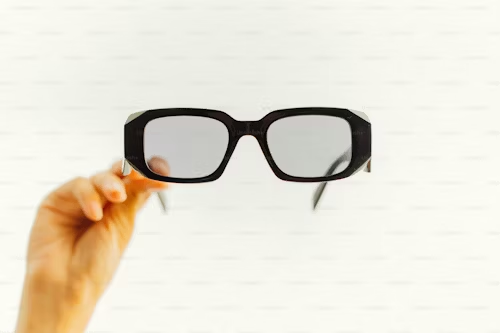A few weeks ago, it was reported that Apple may be working on four new AR and mixed reality products, including a new attempt at smart glasses. The rumour appears to be true, as the Bloomberg report cites new internal research on these glasses, called “Project Atlas”.
Apple’s possible move to lightweight, everyday AR glasses suggests a strategic shift away from its bulky and expensive Vision Pro headset, which, despite its technical prowess, has seen little demand due to its high $3,500 price tag and substantial size.
The mixed reaction to Vision Pro seems to have led Apple to aim for a lighter, more practical wearable device, similar to, but with ambitions beyond, the Meta’s $299 Ray-Ban glasses.
Competition on the smart AR glasses market
The AR glasses market has seen approaches like Snap Spectacles, Meta’s Ray-Ban glasses, and the chunky Orion prototype glasses, all designed to bring smart glasses into everyday life.
Snaps Spectacles may one day be available to social media users, but their capabilities and use cases are still limited for developers who pay $99 a month. Meta’s Ray-Ban glasses, which recently sold out in stores, have a few more features for taking photos and making phone calls, but they still lack the groundbreaking AR features that many “smart” expected glasses have.
Meta and Snap are at odds as they both want to introduce AR glasses at their annual event. Snapchat and Meta are reportedly preparing to unveil their latest AR glasses in September.
Other brands, such as XReal’s Air 2 Ultra, are trying more advanced concepts but still face the challenge of balancing advanced technology with the comfort of the wearable. This is where Apple’s approach could stand out. Known for its sleek and user-friendly designs, Apple could bring a “less is more” philosophy to AR.
If Project Atlas maintains convenience while focusing on core features like navigation, notifications, and integration into the Apple ecosystem, it could achieve a balance that competitors have so far lacked. Apple’s unique design sense could also produce smart glasses that people actually want to wear, making AR technology truly mainstream.


